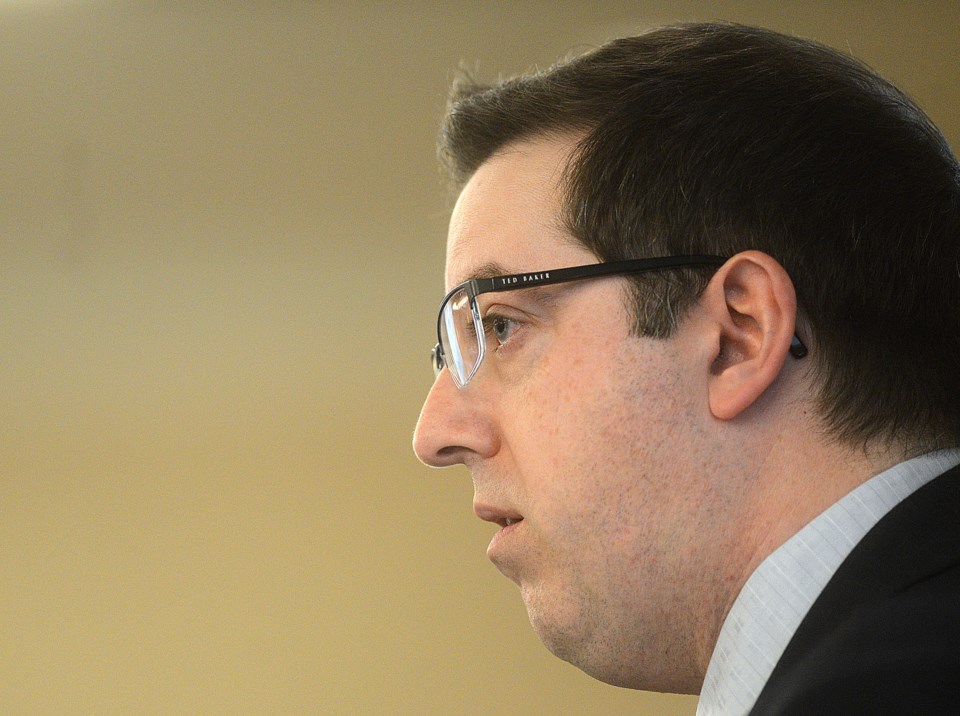Mayor Cam Guthrie says the issues surrounding cancelled buses that have been plaguing Guelph Transit since last month’s realignment of transit routes are related to negotiations of the union contract with bus operators.
Guthrie was asked about the so-called dropped routes immediately after Wednesday morning’s Mayor’s Dialogue on Poverty, held at City Hall.
During the presentation, Elaine Weir, facilitator for Guelph-Wellington Bridges Out of Poverty told the audience the three primary factors that can keep a person in poverty are rent, food and transportation.
“Transportation for jobs, for engaging in community, for getting to needed appointments is really important. We need to have a public transit system that is reliable and can get me on time at least 95 per cent of the time,” said Weir.
The point was not lost on Guthrie, who cited transportation among his biggest takeaways from the discussion.
Since Guelph Transit realigned its routes in early September, the service has been dealing with dropped routes and late buses, which deputy CAO Colleen Clack has said is due to a spike in operators calling in sick.
Those dropped routes are causing frustration with the ridership, said Clack in an article published last week.
After Wednesday’s event, Guthrie got slightly more specific when asked about dropped routes and the spike of operators calling in sick by referencing ongoing labour negotiations with Amalgamated Transit Union Local 1189, which represents the city’s operators.
“I believe a lot of the issues that are occurring right now with transit are around the union contract that is being negotiated right now,” said Guthrie.
The City’s goal, said Guthrie, is to have a transit system where buses show up when they are supposed to.
“Myself and council are supporting our management in regards to having a system that does that. I would hope the union takes it just as seriously as we are,” he said.
Weir said the simple act of missing a bus could be disastrous for someone living in poverty, possibly leading to the loss of a job or being dropped by an agency after a number of missed appointments.
On Tuesday, GuelphToday reached out to Andrew Cleary, president of CATU Local 1189, to ask if the spike in operators calling in sick is a negotiation tactic being used by the union.
Cleary responded, “ATU 1189 has given no directive of any job action and nor would we, the executive, unless we were in a legal position to do so.”
In a previous article, Cleary said a number of operators have been injured, which is one reason for the increase in sick calls.
In the summer of 2014, members of ATU Local 1189 were locked out by the city for about two weeks after having been without a contract for more than a year.
Guthrie said he would like to have seen union leadership attending the dialogue to hear about the consequences people living in poverty could face due to missing a bus.
“It would have been nice to have some of the union leadership here today to maybe hear about the real people — those in poverty needing transportation the most — about what they have to go through, so they understand the real people that are important to transit, which are riders,” said Guthrie.
